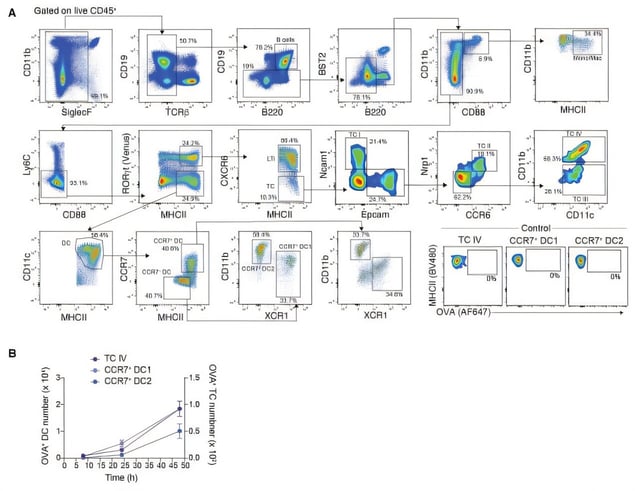Overview
- Thetis cells, a newly identified immune cell type, play a critical role in suppressing inflammatory responses to food allergens during early life.
- Mouse model research highlights a developmental window in infancy where Thetis cells induce an eightfold increase in regulatory T cells, establishing long-lasting oral tolerance.
- The study links Thetis cells to the mechanism behind reduced peanut allergy risk from early allergen exposure, as demonstrated in prior clinical trials.
- Findings suggest potential therapeutic strategies to deliver food antigens directly to Thetis cells, even outside the early-life tolerance window.
- While the research was conducted in mice, similarities between mouse and human Thetis cells support potential applications in human allergy prevention and treatment.
